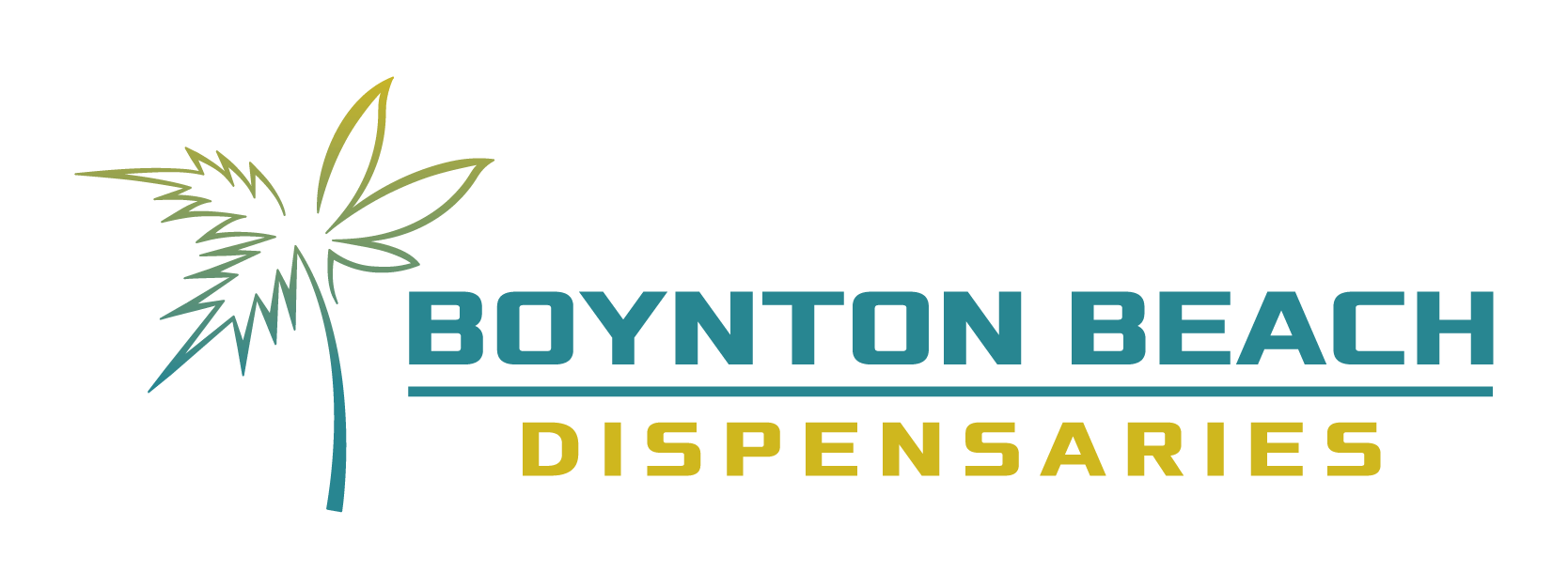The Benefits of Cannabis vs. Pharmaceutical Drugs
In recent years, cannabis has gained widespread attention as an alternative to pharmaceutical drugs for treating various health conditions. With increasing legalization and medical research, many people are turning to cannabis for relief from pain, sleep deprivation, anxiety, and focus-related issues. Unlike pharmaceutical drugs, which often come with a long list of side effects, cannabis offers a more natural and holistic approach. This article explores the benefits of cannabis compared to traditional pharmaceuticals in treating common conditions.
Pain Management
Chronic pain affects millions worldwide, and pharmaceutical pain relievers, especially opioids, have led to widespread addiction and dependency issues. Cannabis, particularly cannabidiol (CBD) and tetrahydrocannabinol (THC), offers a safer alternative:
- Natural pain relief: Cannabis interacts with the endocannabinoid system (ECS) to regulate pain perception.
- Reduced risk of addiction: Unlike opioids, cannabis does not carry the same risk of dependency.
- Fewer side effects: Opioids can cause nausea, drowsiness, and respiratory depression, whereas cannabis users often experience milder effects.
Sleep Deprivation
Insomnia and sleep disorders are commonly treated with pharmaceutical sleep aids such as benzodiazepines and zolpidem (Ambien). However, these drugs can lead to dependence, grogginess, and other side effects. Cannabis, on the other hand, provides a natural sleep aid:
- THC promotes deeper sleep: Indica-dominant strains are particularly effective at inducing restfulness.
- CBD reduces anxiety-induced insomnia: For those who struggle with anxious thoughts at night, CBD can help relax the mind.
- No risk of overdose: Unlike sleeping pills, cannabis has never been linked to fatal overdoses.
Anxiety and Stress Relief
Pharmaceutical drugs like selective serotonin reuptake inhibitors (SSRIs) and benzodiazepines are commonly prescribed for anxiety but can cause side effects like drowsiness, dizziness, and dependence. Cannabis provides an alternative for managing stress and anxiety with:
- CBD’s calming effects: Studies show that CBD can reduce symptoms of anxiety without causing intoxication.
- Lower risk of dependency: Unlike benzodiazepines, cannabis does not create the same withdrawal symptoms.
- Fast-acting relief: Inhaled cannabis takes effect within minutes, while pharmaceutical anxiety medications can take weeks to work.
Focus and Cognitive Function
Many people struggle with focus-related disorders such as ADHD and rely on stimulant medications like Adderall or Ritalin. While these medications can improve concentration, they often come with side effects like heart palpitations, decreased appetite, and sleep disturbances. Cannabis can be a more natural alternative for focus:
- CBD enhances clarity: It promotes mental alertness without the jitteriness of stimulants.
- THC microdosing can boost creativity: Small doses of THC have been shown to help with divergent thinking and problem-solving.
- Fewer long-term health risks: Stimulants can affect cardiovascular health, whereas cannabis has a safer profile.
Fewer Long-Term Risks
Many pharmaceutical drugs come with the risk of long-term health complications, including organ damage, addiction, and severe withdrawal symptoms. Cannabis, when used responsibly, has shown:
- No recorded fatal overdoses
- Lower risk of organ damage compared to NSAIDs or opioids
- A natural alternative that works with the body’s ECS instead of manipulating neurotransmitters forcefully
In Summary
While pharmaceutical drugs have their place in modern medicine, cannabis presents a compelling alternative for those seeking natural relief from pain, anxiety, sleep issues, and focus-related challenges. With fewer side effects and a lower risk of dependency, cannabis is becoming an increasingly popular option for those looking to take control of their health without the dangers associated with prescription medications.
As research continues to support its benefits, cannabis could soon become a mainstream alternative.
